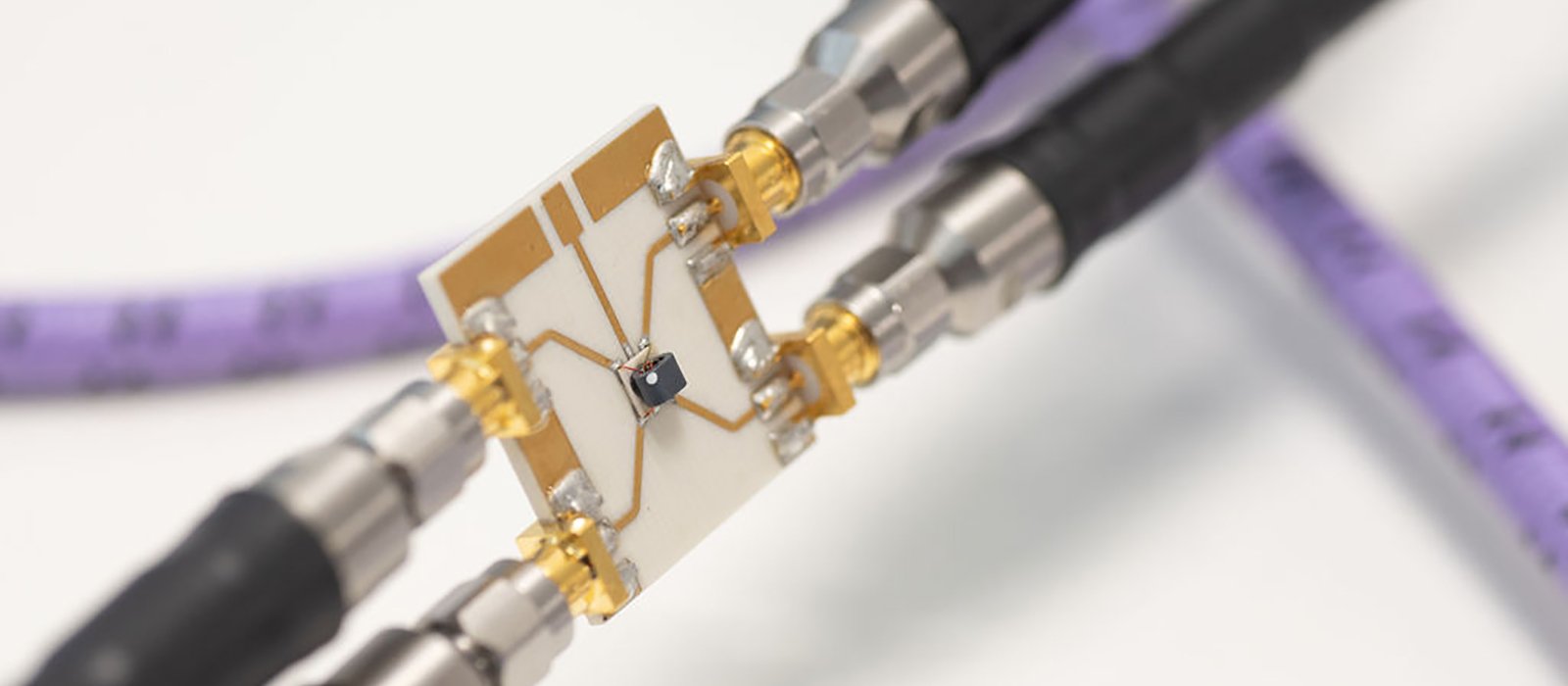Cambridge-based Forefront RF has raised £1.5 million to propel its efforts to redefine the way smartphones, wearables, and IoT devices are designed. With the funding, the company is planning a recruitment spree, ultimately accelerating the firms’ time to market.
Forefront RF was founded in 2020 by Dr. Leo Laughlin and Julian Hildersley and is a commercialisation project from academic research conducted at the University of Bristol.
One of the key components in a modern wireless device is the radio frequency system, and more specifically, how it operates and communicates on a specific frequency band, i.e. 3G, 4G, 5G, etc.
The current solution is to provide RF filters and switches for each frequency band that overrides a devices’ signal of self-interference, but allows the desired signal through to the receiver. Forefront RF is saying adieu to the multiple filters and employing technology similar to that of noise-canceling headphones. Essentially, instead of manual filters, Forefront is embedding software in a chipset that maintains the accuracy but at a fraction of the cost and materials needed to produce.
“The growth in mobile networks driven by the ever-increasing demand for data means that available frequency bands vary from region to region and, using today’s technology, has driven the need for region-specific smartphone variants each including multiple RF components,” commented Laughlin. “The space consumed within each smartphone adds cost and leads to inefficiencies in the supply chain.”
Forefront RF’s funding round was led by Science Creates Ventures and saw participation from Foresight Williams Technology, BGF, and The Cambridge Angels.




Would you like to write the first comment?
Login to post comments